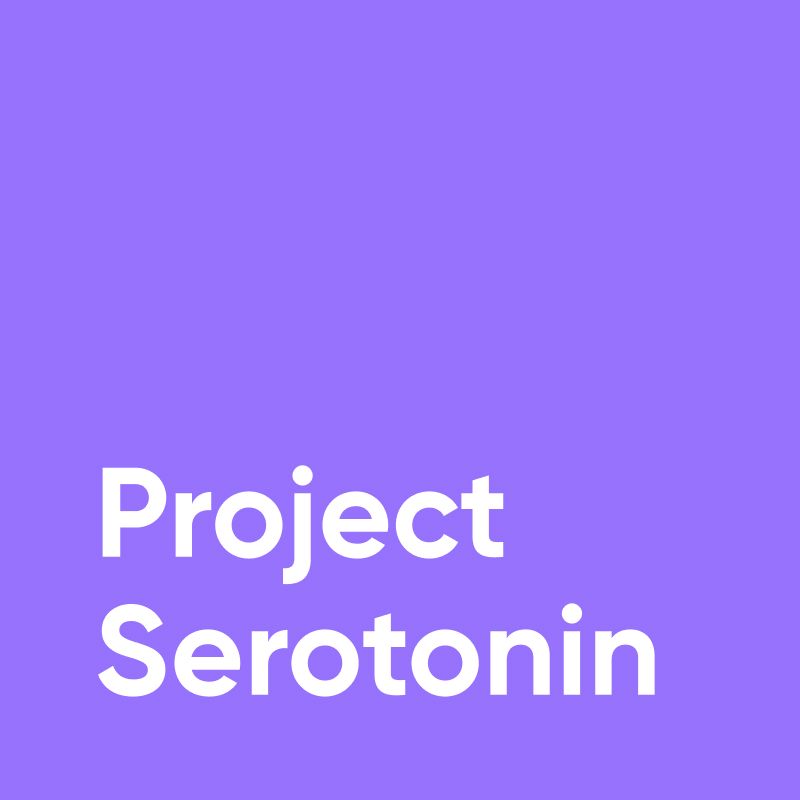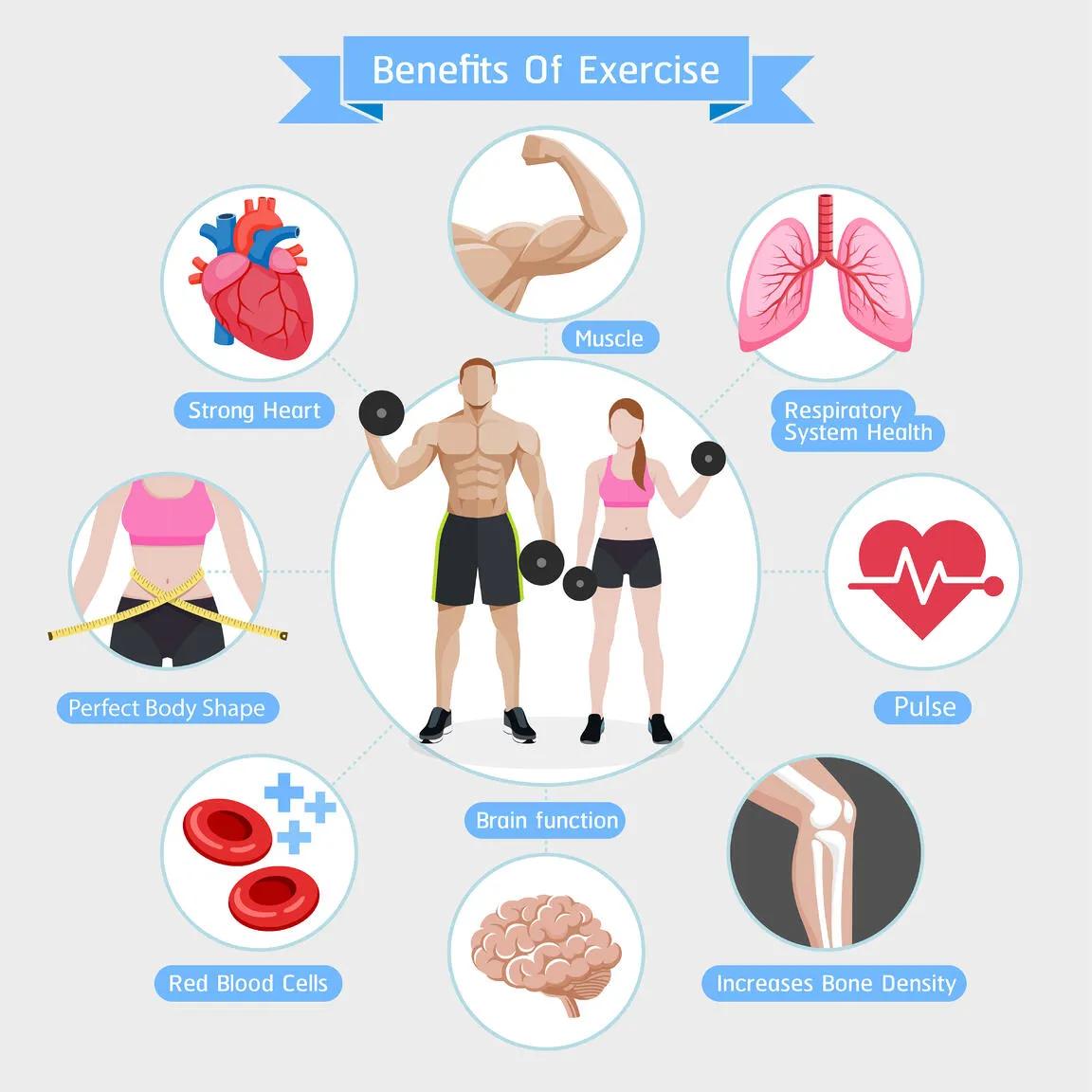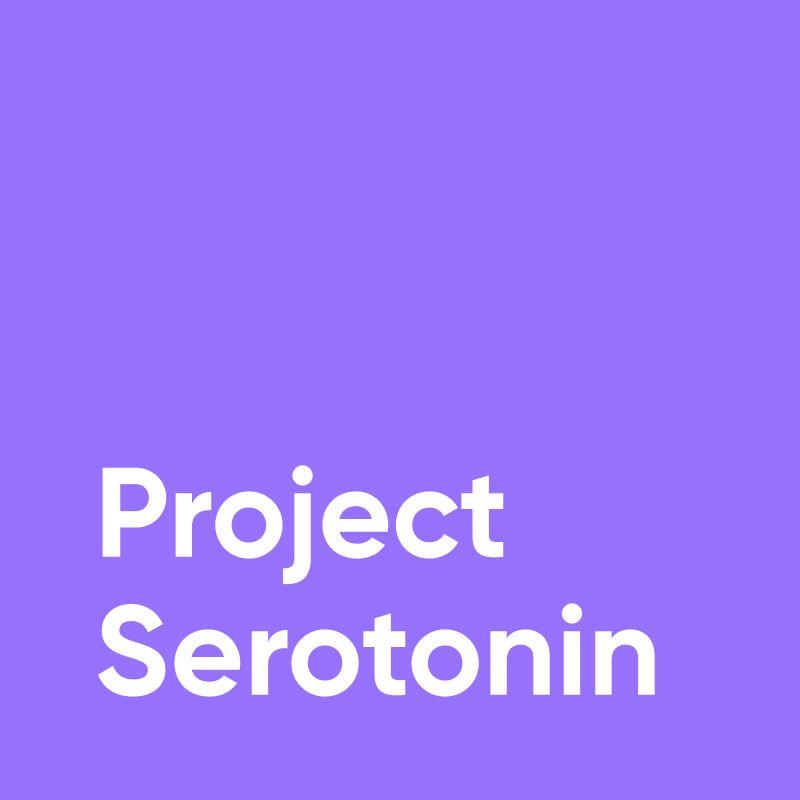Daily activity routine: Own your 30 minutes

Are you getting enough Active Minutes every day?
Home delivery of necessities.
Desk-bound IT-enabled work.
Work From Home employment.
These are the significant adaptations that have eased into daily lives, worldwide. There is no doubt these trends have helped people cope up with various demands and situations. However, the downside of it is that lifestyles have become highly sedentary and confined.
Scientific studies have shown that highly sedentary lifestyles increase the risk of chronic diseases and premature death. Muscular passivity associated with a sedentary lifestyle and prolonged sitting increases insulin resistance, which profoundly impacts cardiometabolic health, leading to the development of most lifestyle diseases such as hypertension, heart stroke, obesity, and type 2 diabetes.
30 Active Minutes a day will keep the lifestyle diseases away!
Emphasising the need to “move more and sit less”, international physical activity guidelines recommend that adults perform at least 150 mins/week of moderate-intensity, or 75 mins/ week of vigorous-intensity aerobic physical activity to feel and function optimally.

Getting regular exercise has several key benefits:
Systemic Health: Exercise boosts mitochondrial function and antioxidant defenses, which help in reducing circulating markers of systemic inflammation and senescence.
Cardiovascular Health: Regular physical activity helps in reducing blood pressure, arterial stiffness, and endothelial dysfunction. It can also improve heart rate variability, a parameter that is now being considered as an indicator of stress experience as well.
Metabolic Health: Regular exercise reduces visceral adiposity and improves muscle mass. These changes, in turn, enhance insulin sensitivity and alleviate the risk of type 2 diabetes.
Mental Health: Exercise is good for mental health as well. Adoption of regular exercise patterns can boost your mood, help to combat depression and keep your mental health in balance .
Cognitive Health: Performance of leg exercise is linked with a boost in cognitive abilities like focus and memory. Enhances brain function by promoting brain-derived neurotrophic factor (BDNF) levels, neurogenesis, and synaptic plasticity.
Bone Health: Regular and consistent exercise patterns promote bone health by preserving bone mass and strength, reducing the risk of falls, and preventing the death of bone cells.
Sleep: Improves sleep quality and reduces the time taken to fall asleep after going to bed.
Project Serotonin Program enables users to stay on top of their activity targets for the day/week by encouraging an achievable exercise threshold/score of 30+ minutes/day in fat burn HR zone or 20+ minutes/day of cardio peak HR zone. Besides feeling the immediate boost in daily mood, our users report improved energy levels, better immunity, and reduction in their biological age.
Source:
Sedentary Behavior, Exercise, and Cardiovascular Health https://www.ahajournals.org/doi/10.1161/CIRCRESAHA.118.312669
Exercise attenuates the major hallmarks of aging https://pubmed.ncbi.nlm.nih.gov/25431878/
Considerations for Maximizing the Exercise “Drug” to Combat Insulin Resistance: Role of Nutrition, Sleep, and Alcohol https://www.mdpi.com/2072-6643/13/5/1708/htm
